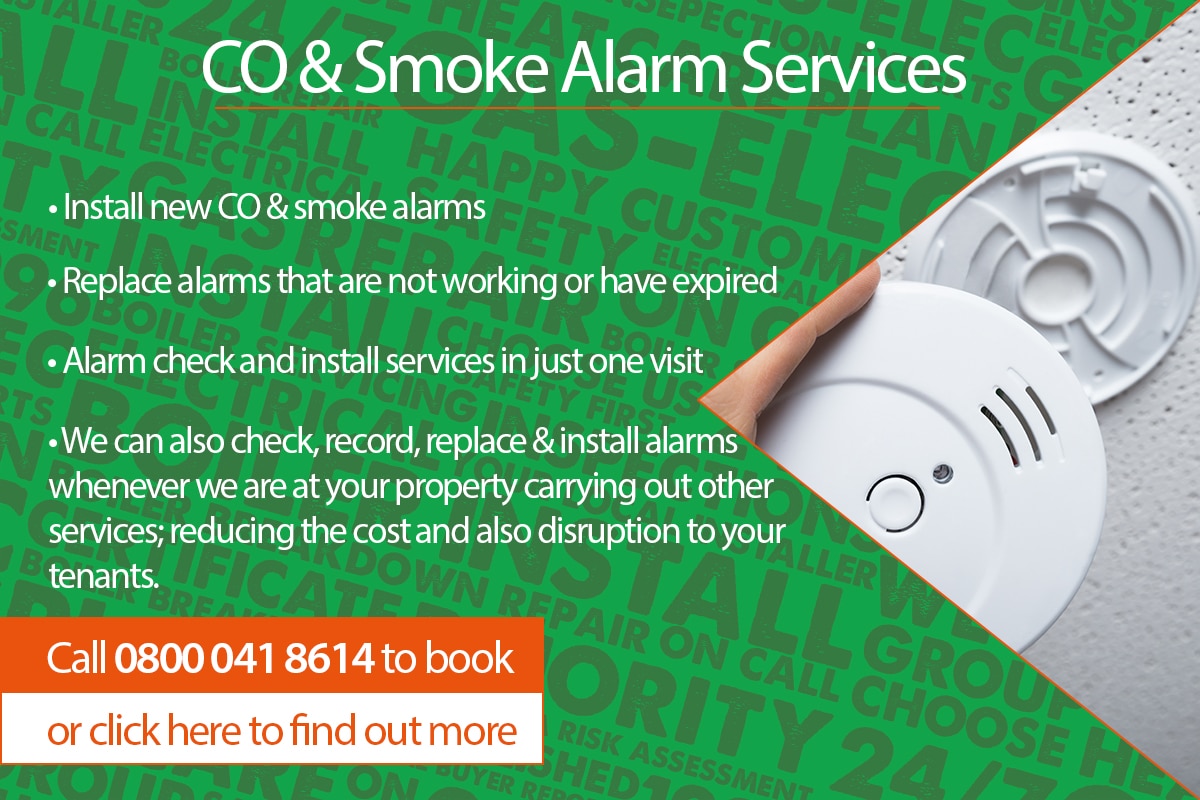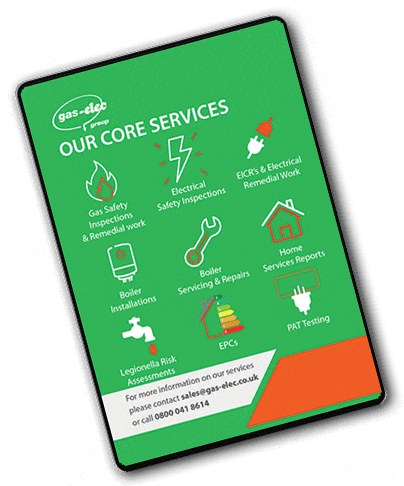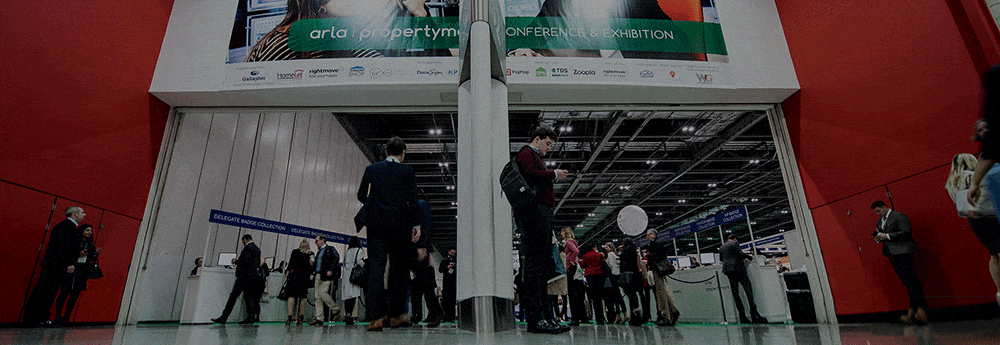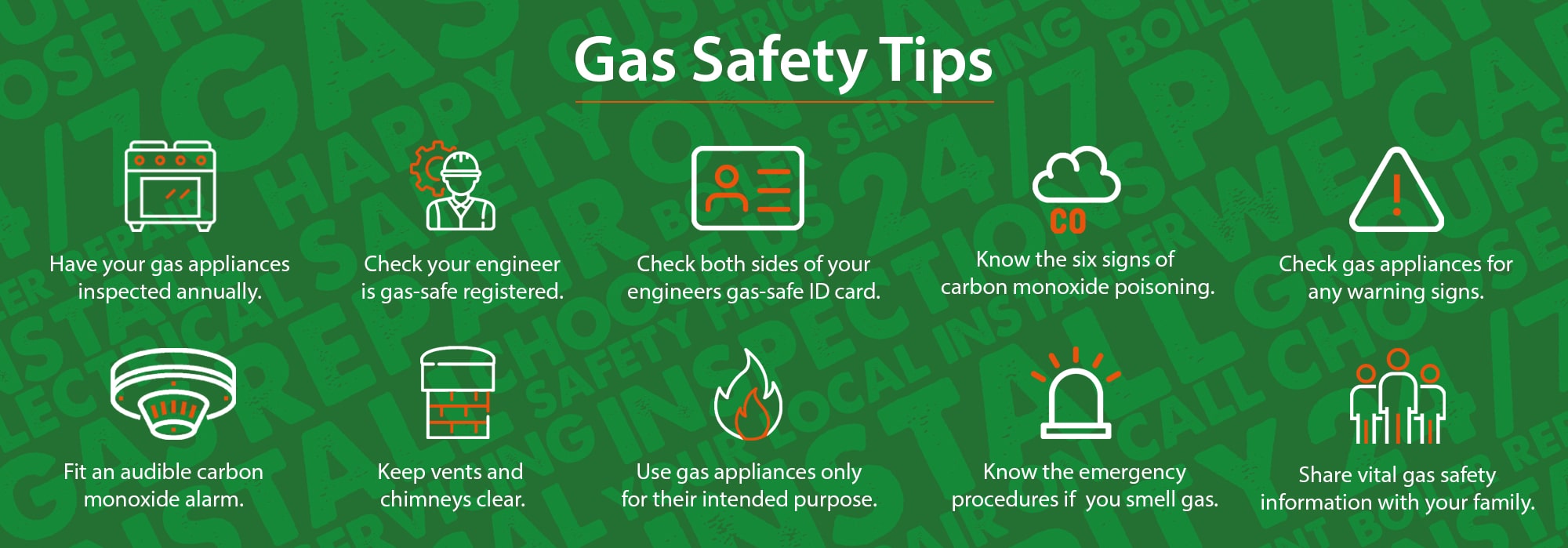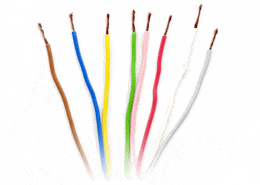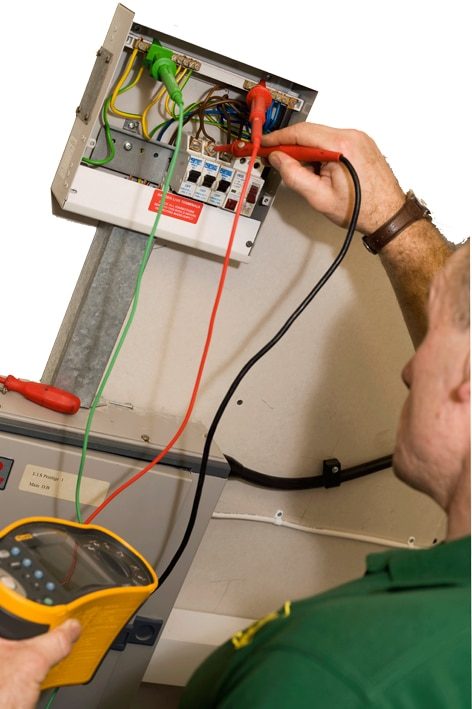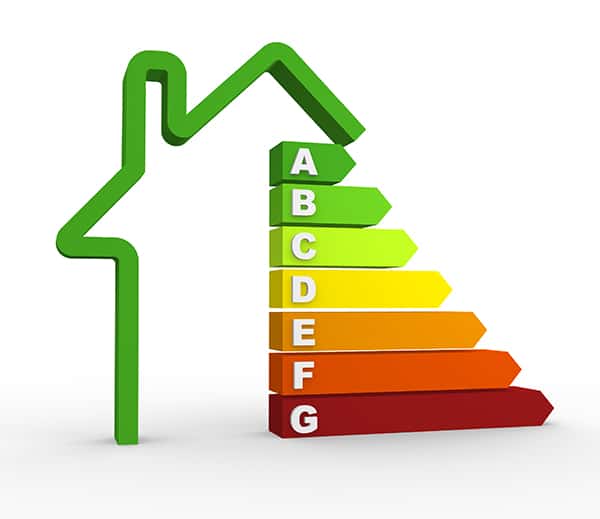Energy Saving Week

It’s energy saving week!
Saving energy isn’t just about helping you to be more energy-efficient, it’s also a good way to save you money. There are many small changes you can make that can have a huge impact on your energy consumption and help reduce your annual energy costs.
Energy saving week is a national campaign which aims to help and encourage people to save energy. This year gas-elec has decided to support this campaign. We are here to give all our clients & customers tips on how to save energy and how gas-elec can help.
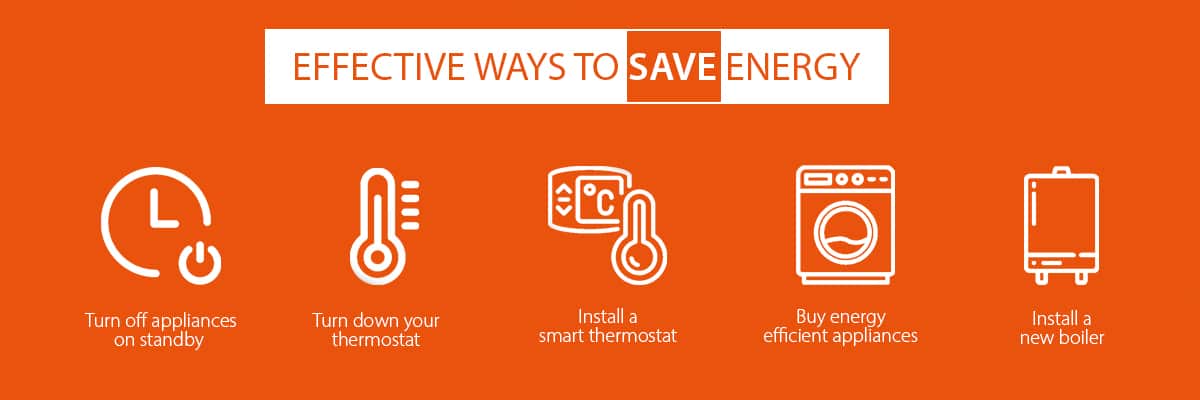
How to save energy
Turn off standby appliances – Turn the appliances off at the plug can save an average of £30 per year. You can use plugs that can be turned on and off using your phone, or a cheaper option can be ‘timer plugs’ to schedule turning appliances off.
Installing a smart thermostat – These can make your heating more efficient by only warming up the rooms that you are using. The thermostat also learns how long it takes to heat your home and can be controlled by your phone.
Buy efficient appliances – When it’s time to swap out your old appliance for a new one, getting one with a high energy-efficiency rating can be worth the investment. A+++ appliances such as dishwashers, washing machines and fridge/freezers use less energy than A+ rated and can save you up to £65 per year.
Install a new boiler – You can save energy by upgrading to a new boiler. We would recommend switching to an A-rated boiler with a programmer and room thermostat. You can also consider switching to an electric boiler, for a greener energy solution. At gas-elec we install both gas and electric boilers and are on hand to offer advise on the best option for you, your home and your budget.
Invest in double glazed windows – Double glazed windows insulate your home from the cold and therefore can help reduce your heating costs. A single glazed semi-detached home getting upgraded to double glazed can save you as much as £110 a year.
Draught-proof your home – Cold draughts causes your home to loose heat, making it more likely for you to turn the heating on/up. You can purchase draught excluders or draught-proofing kits to prevent this. You can seal cracks in floors, skirting boards and line your letterbox and in doing so you can save up to £35 a year on heating costs.
Monitor your usage – Installing a smart meter in your home allows you to keep an eye out on how much energy you are using daily. Monitoring your usage daily can save you money but also help you decide if you have to change the way you use energy.
Contact gas-elec today to find out how we can help you save energy not just this week but long-term! You can contact us via email at sales@gas-elec.co.uk or call us on 0800 041 8614.
For more information about Energy Saving Week, please click here.





